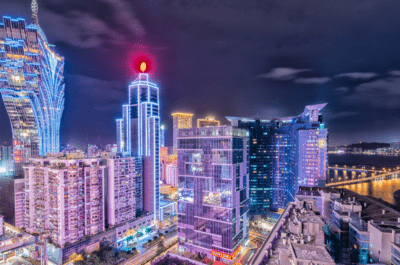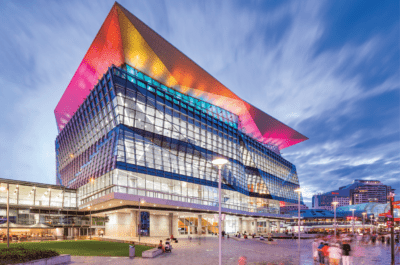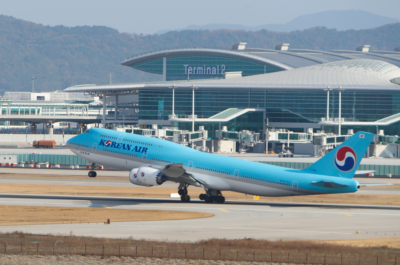Thailand’s tourism faces challenges from global events and shifting visitor demographics, impacting local communities and environmental sustainability.
Thailand, renowned for its dynamic capital Bangkok, exquisite temples, pristine mountainous regions, and a myriad of idyllic islands, has long been a staple in tourism marketing. These destinations offer a range of experiences from serene yoga retreats to vibrant nightlife. However, recent developments have posed significant challenges to Thailand’s tourism sector.
Pre-pandemic, approximately 25% of Thailand’s international tourists were from China. The pandemic, however, has led to a substantial decline in Chinese visitors. Compounding this issue was a tragic incident in Bangkok – a shooting in a major shopping center, involving a 14-year-old perpetrator, resulting in fatalities including a Chinese mother and her children. The incident received extensive coverage in China, causing a noticeable dip in travel bookings to Thailand.
In response to the shooting, Thai Prime Minister Srettha Thavisin engaged in diplomatic discussions with the Chinese ambassador and addressed Chinese audiences on television, asserting Thailand’s commitment to safety.
The release of the Chinese film “No More Bets” further complicated the situation. The plot, centered on gangs luring Chinese nationals to Southeast Asia for criminal activities, exacerbated existing negative perceptions of Thailand in China, impacting travel decisions.
Simultaneously, China’s economic headwinds have resulted in decreased consumer spending and outbound tourism. In an effort to counteract these trends, the Thai government relaxed entry requirements, notably removing visa obligations for Chinese tourists. Despite the tourism industry’s eagerness for the return of Chinese visitors, this sentiment is not universally shared in Thailand. There has been local discontent, particularly towards large, disruptive Chinese tour groups.
Meanwhile, Russian tourists have become prominent in Phuket, replacing Chinese visitors as the primary foreign demographic. This shift has not been without its own challenges, as some local residents find the behavior of Russian tourists and their business ventures in Thailand concerning.
Thailand continues to grapple with the consequences of mass tourism, evident in environmental degradation and the strain on local communities. Despite these issues, industry experts contend that a transition away from mass tourism is impractical, given the existing infrastructure geared towards accommodating large volumes of tourists and the economic reliance on this sector. The debate over managing tourism sustainably while fostering economic growth remains a pressing issue for Thailand.
George, in his capacity as an intern, diligently oversees the flow of news, assists in the publication of content, and delves into the strategies of social media distribution. He is currently pursuing his studies in Business Administration at the Athens University of Economics and Business.
-
George Diamantopouloshttps://www.traveldailynews.asia/author/george-diamantopoulos/
-
George Diamantopouloshttps://www.traveldailynews.asia/author/george-diamantopoulos/
-
George Diamantopouloshttps://www.traveldailynews.asia/author/george-diamantopoulos/
-
George Diamantopouloshttps://www.traveldailynews.asia/author/george-diamantopoulos/















































![[PR] PR_Ascott and Vimut Hospital_2024](https://www.traveldailynews.asia/wp-content/uploads/2024/04/PR-PR_Ascott-and-Vimut-Hospital_2024-400x265.jpg)


















